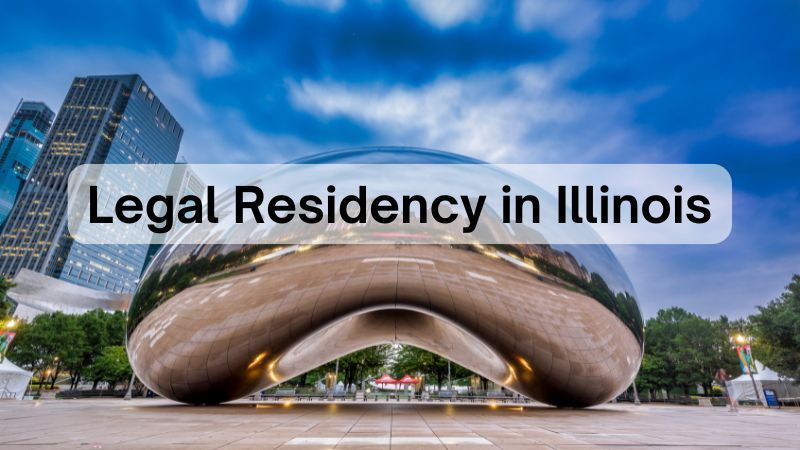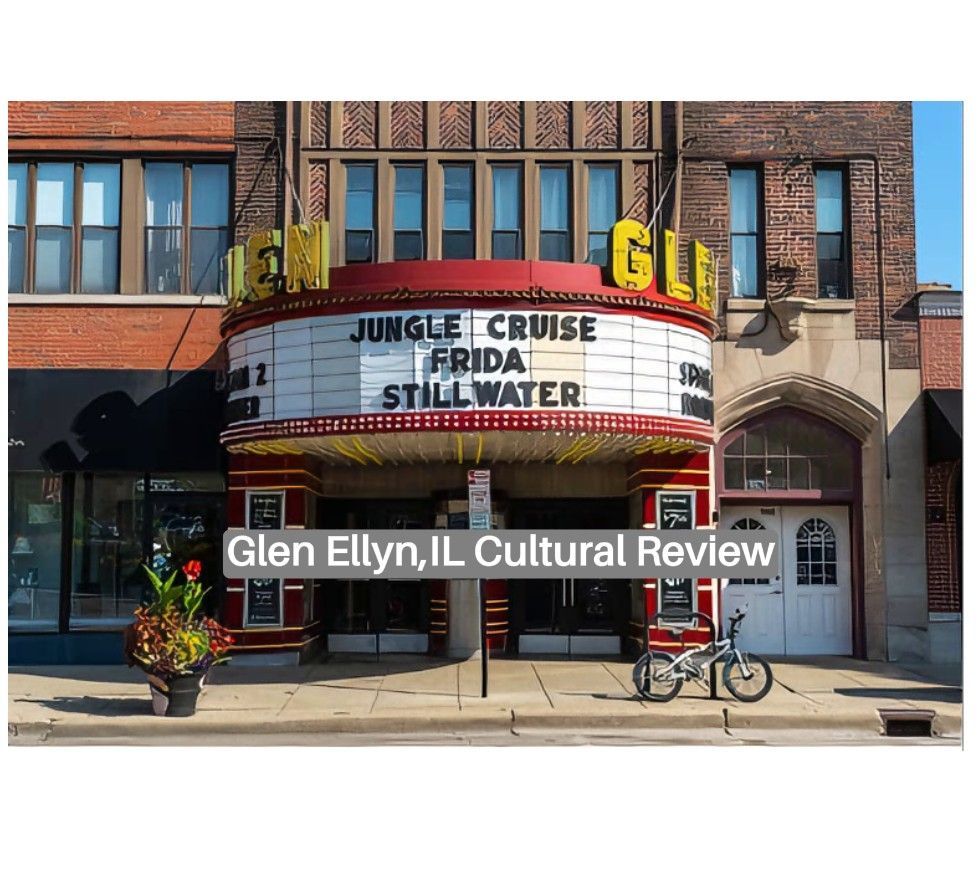Illinois Driver’s License Essentials
Welcome to our comprehensive guide on obtaining an Illinois driver’s license. Whether you are a first-time applicant or a newly relocated resident in Illinois, understanding the licensing process can be cumbersome. At Falcon Moving, based in Elgin, IL, we know the importance of smooth transitions, not just in moving homes, but in all life changes. This guide aims to simplify the journey to securing your Illinois driver's license.
Eligibility Requirements for an Illinois Driver's License
Before applying for a driver’s license in Illinois, you need to confirm if you meet the necessary eligibility requirements. Here’s what you need to know:
Age Requirements and Categories
- Minimum Age for Learner's Permit: To apply for a learner's permit, you must be at least 15 years old.
- Age Restrictions for a Full License: A full driver’s license can generally be applied for at age 18 unless you fulfill specific requirements under the Graduated Driver Licensing (GDL) Program at 17.
- Graduated Driver Licensing Program: This program is designed to provide young drivers more preparation and experience behind the wheel in phases:
- Learner's Phase: Ages 15 to 17.
- Initial Licensing Phase: Ages 16 to 17.
- Full Licensing Phase: Ages 18 and above.
Documentation Needed
To prove your identity and eligibility, you must prepare several important documents:
- Proof of Identity: This can be a passport, birth certificate, or another federally accepted identification form.
- Proof of Residency: Acceptable documents include utility bills, bank statements, or rental agreements showcasing your Illinois address.
- Social Security Number Verification: An official Social Security card or another document verifying your number is required.
The Illinois License Application Process
Applying for an Illinois driver's license involves several key steps to ensure you're ready for the road. Here’s a detailed look at what to expect:
Steps to Apply for a Learner's Permit
- Schedule an Appointment: The first step is to schedule an appointment with the local Illinois Department of Motor Vehicles (DMV) office.
- Costs and Fees: There is a nominal fee for the learner's permit, which currently stands at $20. It's always a good idea to check the latest fees on the DMV's official website as they are subject to change.
- Application Forms Required: You will need to fill out the appropriate application form provided at the DMV. It's wise to download and complete this form in advance if available online.
- Vision Test Procedures: A vision test is conducted to ensure that all drivers meet necessary sight standards. Glasses or contact lenses? Bring them along!
Converting an Out-of-State License
If you're moving to Illinois from another state, you can convert your existing license. Here’s how:
- Process for Transferring Licenses: Visit the DMV within 90 days of becoming an Illinois resident.
- Timeframe and Requirements: Ensure you bring your current driver’s license, identification, and proof of residency.
- Special Considerations for New Residents: Be prepared for a possible vision test or written exam if your current license is from outside Illinois.
Mandatory Tests and Examinations
Passing the required exams is a critical part of the driver's license process in Illinois.
Written Knowledge Test
The knowledge test checks your understanding of road rules and signals:
- Structure of the Test: It typically consists of 35 questions, requiring comprehension and application of traffic laws.
- Study Resources and Materials: Utilize the Illinois Rules of the Road handbook, practice tests, and online courses.
- Key Topics Covered: Include signs, signals, laws, and safe driving practices.
- Tips for Passing on the First Try: Study comprehensively and practice with mock exams. Real-life application of these rules enhances retention.
Vision Exam
A basic yet necessary step:
- Requirements and Standards: A minimum vision acuity of 20/40 in one eye with or without corrective lenses.
- What to Expect During the Exam: It entails reading from a standard eye chart.
Road Skills Test
Practicality at its best:
- How to Prepare Effectively: Practice parallel parking, lane changing, and adhering to traffic signs.
- Common Errors to Avoid During the Test: Avoid tailgating, speeding, and incomplete stops.
- What the Examiner Looks For: Safety, observation, and adherence to traffic laws are under scrutiny.
Maintaining Your Illinois Driver's License
Once you have obtained your Illinois driver’s license, it is important to maintain it properly to ensure continuous legal and safe driving.
Renewal Process
Regular renewal of your driver’s license is critical:
- Timelines for Renewal: Typically, licenses must be renewed every four years. However, seniors aged 81 to 86 must renew every two years, and those over 87 must renew annually.
- Online vs. In-Person Renewal: Many drivers can renew their licenses online or use the mail-in system. However, certain requirements may necessitate an in-person visit, especially if additional testing is required.
- Fees and Documentation Required: Renewal fees vary by age. For most drivers under 87, it’s $30. Documentation proving residency and identity may still be needed.
License Upgrades and Changes
Sometimes you may need to make changes to your license:
- Process for Upgrading to Commercial Licenses: This involves applying for additional endorsements, which may require extra tests and fees.
- Name and Address Change Procedures: These changes usually need to be reported within 10 days. Bring proof of the change to the DMV office.
Secure Your Illinois Driver's License with Confidence
Embarking on the journey to secure your Illinois driver’s license is an important step in achieving personal independence and responsibility. At
Falcon Moving, we believe in simplifying life’s transitions, whether moving homes or transitioning through licensing stages. By understanding the eligibility requirements, efficiently managing the application process, preparing for necessary tests, and staying informed about traffic laws and maintenance requirements, you’ll drive confidently across Illinois’ roads. Remember, being well-prepared and informed is the key to a successful and seamless experience in securing your Illinois driver’s license.


Reviews
Our Services
- Local Moving
- Long Distance Moving
- Packing Services
- Labor Only Moving
- Storage Services
- In-Home Moving
- Commercial Moving
- Junk Removal Services
Follow Us
Copyright 2025 | Falcon Moving, LLC | Privacy | Terms| Sitemap | Disclaimer | Accessibility
